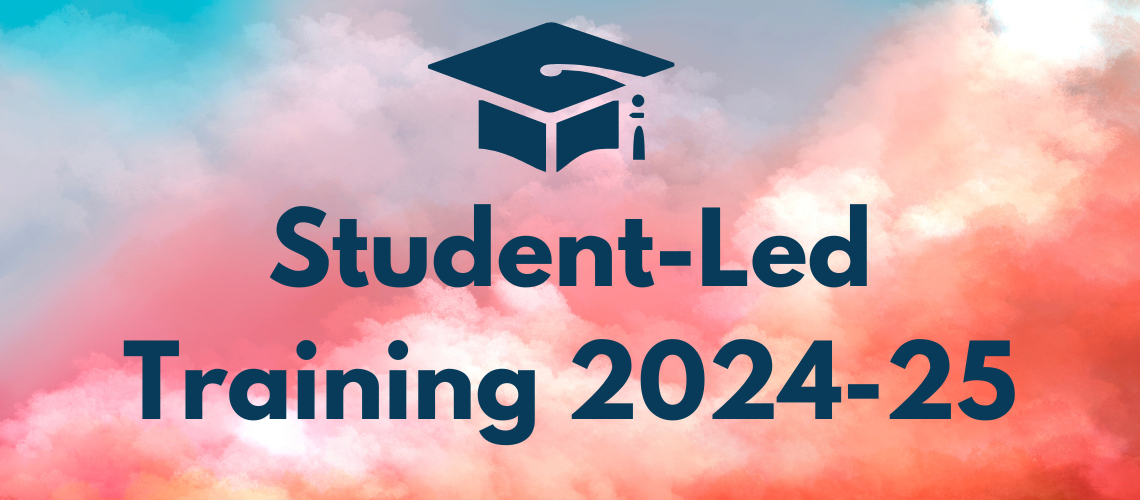Summer School 2025: Adopting a Chess-Player’s Mindset: An essential tool for navigating your international doctoral journey
Online via TeamsWe will discuss in this workshop what makes international PGR journeys distinct from other PGR journeys and how international PGRs can optimise their own unique journeys.




